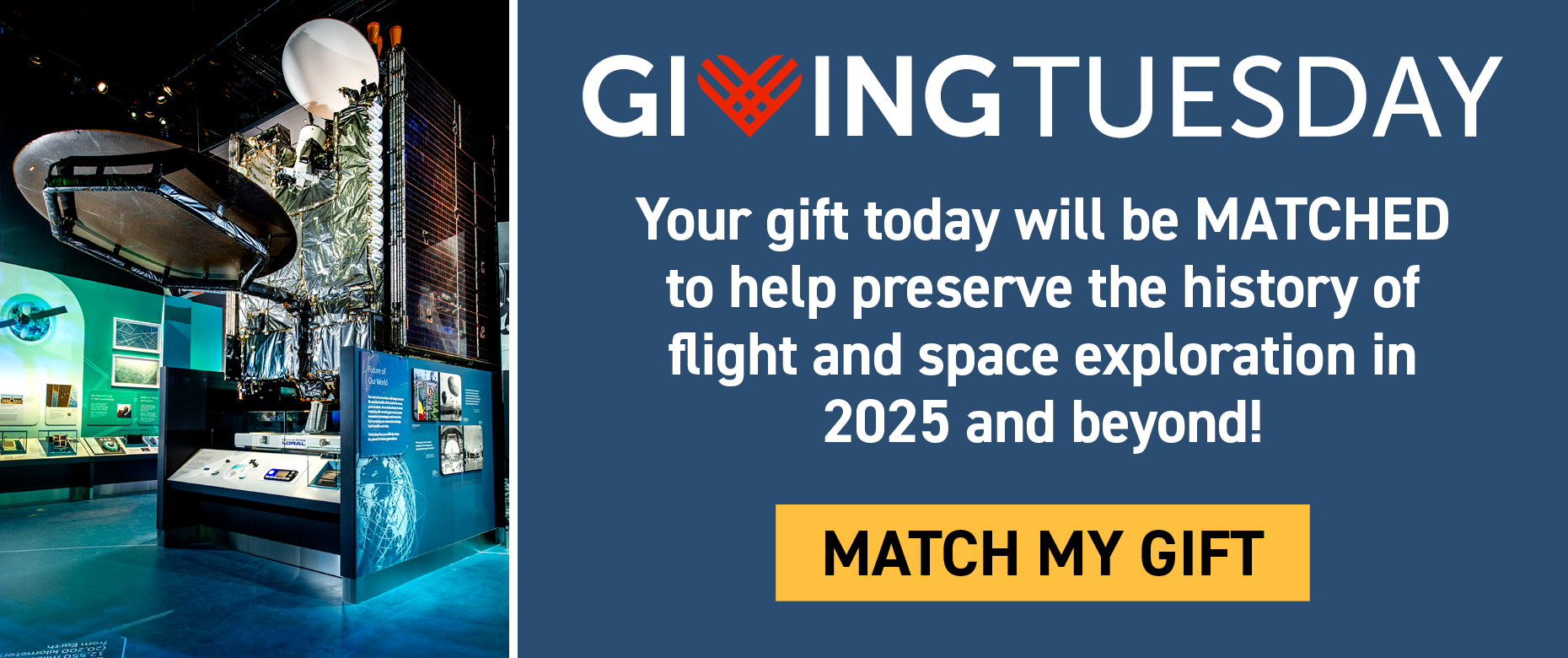All Stories
Showing 1651 - 1660 of 1717
The formal beginnings of the modern "pro-space movement"—really an extension of the ad hoc efforts to gain and sustain public support for an aggressive spaceflight agenda earlier led by Wernher von Braun and others—might be best traced to the June 1970 formation of the Committee for the Future (CFF), a small group of space activists, dreamers, and misfits. Meeting in the home of Barbara Marx Hubbard, daughter of the toy king, and her husband, artist-philosopher Earl Hubbard, in Lakeville, Connecticut, they proposed establishing a lunar colony.
The rich collections of space artifacts at the National Air and Space Museum provide a remarkable resource for scholars who wish to understand the special place that deep space exploration has held in the imagination of not just Americans but people around the world.
I first thought of putting together a book on planetary tectonics when I was working on a general subject matter book on the planets in the mid 1990’s. That book had a “comparing the planets” section where I showed examples of tectonic landforms on Mercury, Venus, Earth, and Mars. Tectonic landforms are created when forces act on solid crustal material and they are found on objects of all sizes in the solar system.
Pulling up stakes is always hard to do, especially if you’re packing up and moving a million plus documents, photographs, films, engineering drawings, tech manuals, and all the other treasures that make up the National Air and Space Museum's Archives Division. Starting in May, some of our reference and reproduction services will be suspended as we get ready for the move to our great new facilities at the Steven F. Udvar-Hazy Center Phase Two. Right now, these are the affected services and the dates on which they’ll be suspended:
In my 30 years at the Museum, I have seen millions of visitors of every age and nationality pose to have their pictures taken in front of the huge astronaut figure in Bob McCall’s mural in the lobby. It makes me happy to think that his work is in photo albums around the globe, associated with fond vacation memories. I send my heartfelt condolences to Louise and the McCall family and thank them for my own fond memories of knowing Bob and Louise McCall.
The nation lost an inspirational figure when Bob McCall died on Friday, February 26. As an artist, Bob invited people around the globe to share his optimistic dreams of a human future in space.
Greetings, from the Astronomy Intern here at the National Air and Space Museum! I will admit that despite being the Astronomy Intern, I am not a science person by background. In fact, my experience is in world literature, history, and multicultural advocating. So what am I doing here, you ask?
Being snowbound at home for a long weekend presented a perfect opportunity to go shopping online – for Space Shuttle artifacts!
For more than a decade it has been my privilege, among my other duties, to serve as curator of the National Air and Space Museum art collection. It comes as a surprise to many folks to realize that the Museum has an art collection. In fact, it includes over 4,700 works by artists with names like Daumier, Goya, Rauschenberg, Rockwell and Wyeth.
I was perusing that perennial bestseller, the FAA’s “Aeronautical Information Manual,” the other night, and ran across an intriguing reference to code beacons and course lights. Code beacons, in general, flash identifying information in Morse code; coded course lights are used with rotating beacons of the Federal Airway System, are highly directional, and are paired back-to-back pointed along the airway. What interested me was the appended note:
